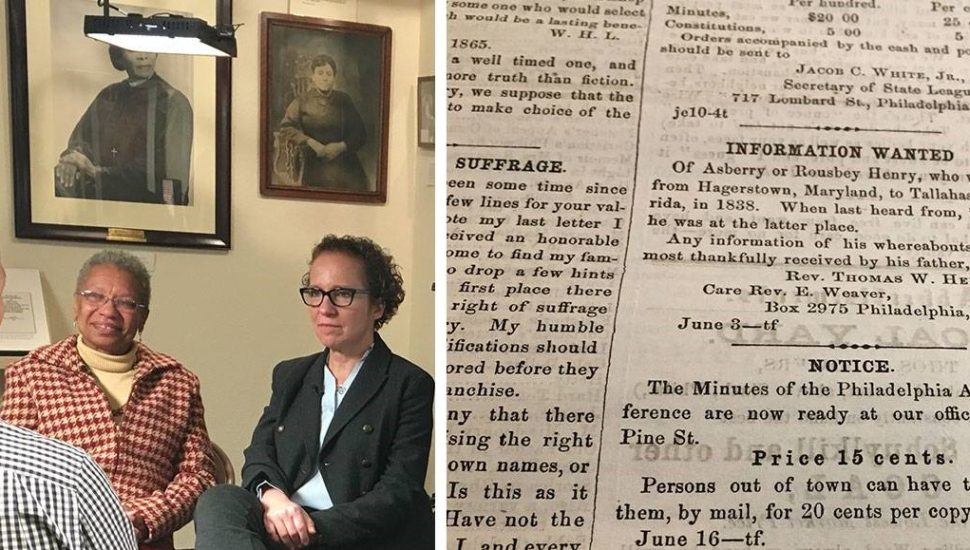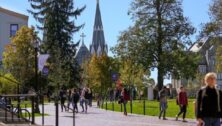Villanova Professor Collecting Ads That Bring Emancipation to Life

In the aftermath of the Civil War and the first breaths of newfound freedom, former slaves sought to reunite with long-lost family members.
Now, the digitization of 1,000 such emancipation ads brings their stories to life for the rest of history to remember.
“History is stacked against enslaved people, because their literacy was carefully outlawed and their access to information restricted by slaveowners,” said the project’s leader, Villanova Graduate Program in History Director Judith Giesberg, in a report for The Villanovan by Corinna Vlahoyiannis.
“The Information Wanted Advertisements represent the moment in which that tide turned — emancipation. The first thing freed people did was seize what had been denied them: information about family members. These ads open an important window into the transition from slavery to freedom.”
The ads, part of the “Last Seen: Finding Family After Slavery” online database, were collected by Giesberg and her team from six African-American newspapers printed between 1863 and 1902. And the effort has garnered Villanova attention on CBS Evening News and on NPR.
“Family is an essential part of the human experience,” Giesberg said. “Each information wanted ad tells a story that an enslaved mother, child, husband remembered about their loved ones, even after years of separation.”
Read more of the story in The Villanovan here.
Join Our Community
Never miss a Delaware County story!
"*" indicates required fields




















![95000-1023_ACJ_BannerAd[1]](https://delco.today/wp-content/uploads/sites/3/2023/03/95000-1023_ACJ_BannerAd1.jpg)











